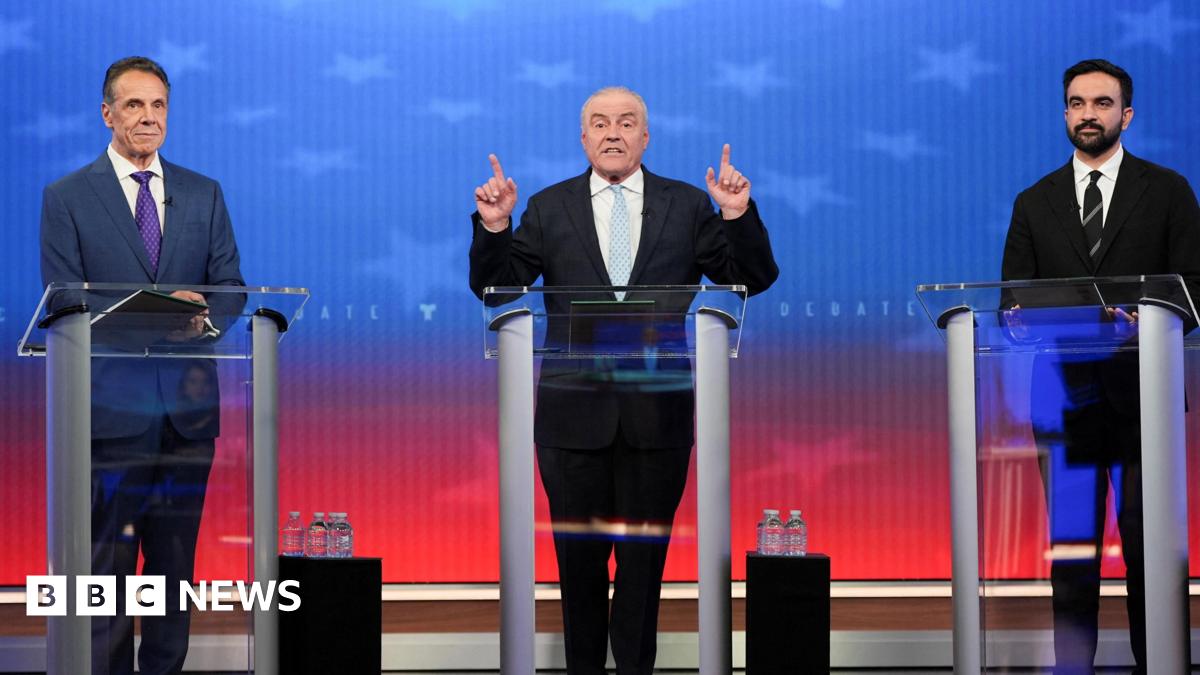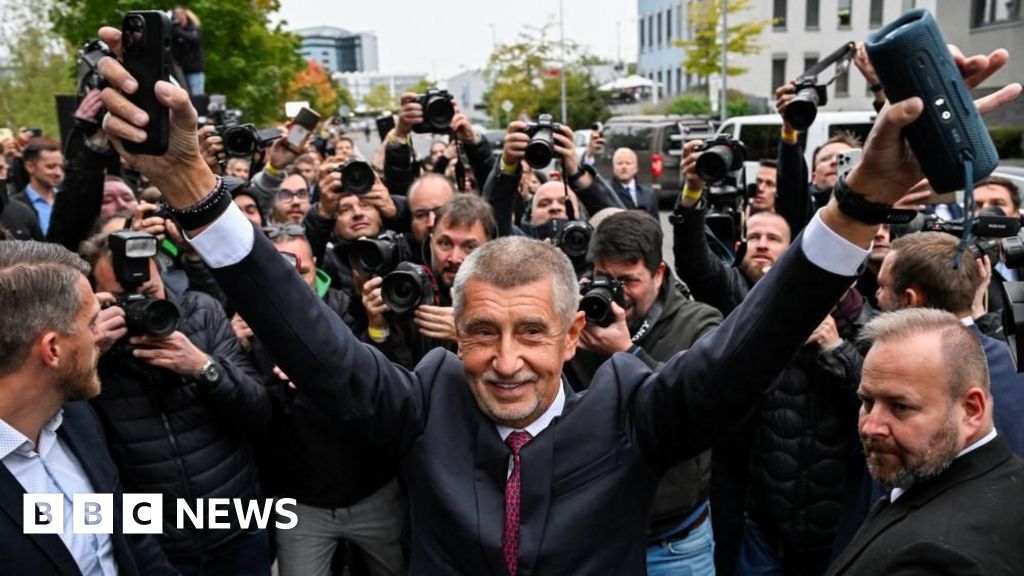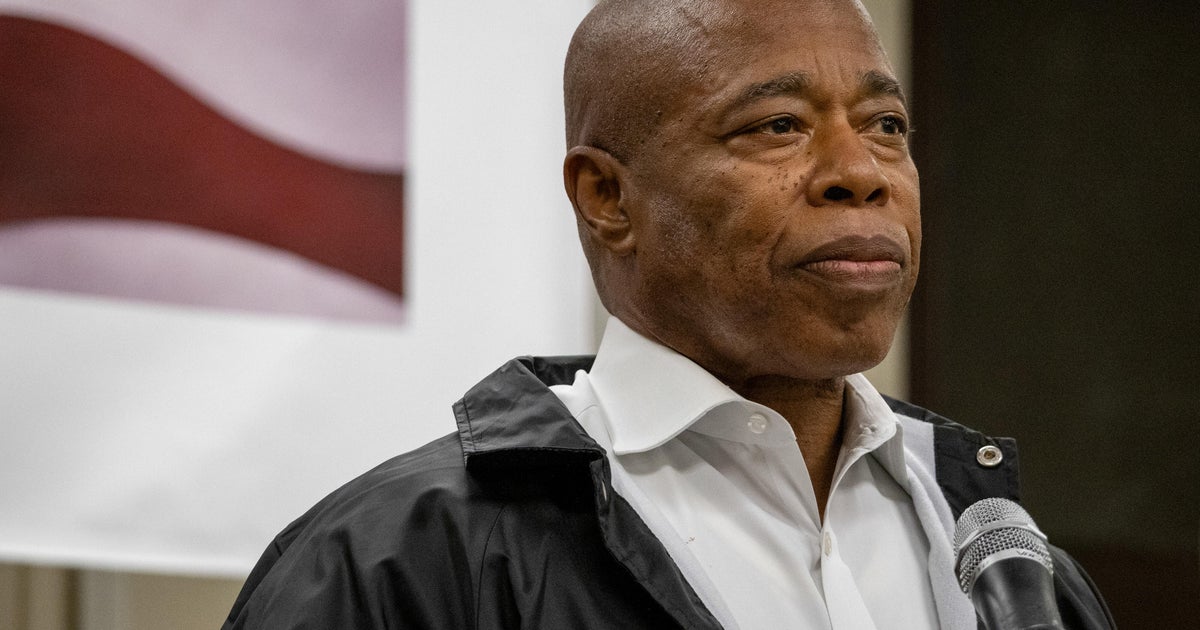A New Era for Bolivia: Paz Wins Presidency in Centrist Upset
#bolivia #politics #elections #movement_toward_socialism #centrist
A New Era for Bolivia
Bolivia has turned a historic page as centrist Senator Rodrigo Paz secured victory in the presidential runoff, defeating right-wing rival Jorge Quiroga in a closely watched election[1]. Preliminary results indicate Paz won 54.5% of the vote, reflecting widespread frustration with nearly two decades of rule by the Movement Toward Socialism (MAS) party and the country’s deepening economic crisis[1][2]. Paz, previously a little-known figure nationally, built a diverse coalition, appealing especially to working-class and rural voters hit hard by inflation and shortages of food and fuel[1]. His campaign struck a balance between maintaining social protections and promising pragmatic economic reforms, resonating with Bolivians wary of both radical change and the status quo.
Shifting Political Landscape
The election marks a dramatic shift for Bolivia, with the MAS suffering its worst-ever defeat, losing nearly all seats in Congress and the presidency[2]. Paz’s running mate, former police captain Edman Lara, helped broaden the ticket’s appeal, capitalizing on public dissatisfaction with the outgoing administration[1]. Analysts note that Paz’s centrist approach and moderate rhetoric offered a compelling alternative to voters disillusioned by MAS policies but hesitant to embrace Quiroga’s pro-market shock therapy[1]. As Bolivia faces its worst economic downturn in decades, Paz’s challenge will be to unite a fractured nation and deliver on promises of stability and reform. The world now watches to see if this political newcomer can steer Bolivia toward recovery and renewed hope.
About the Organizations Mentioned
Movement Toward Socialism (MAS)
The Movement Toward Socialism (MAS), officially the Movement for Socialism – Political Instrument for the Sovereignty of the Peoples (Movimiento al Socialismo – Instrumento Político por la Soberanía de los Pueblos), is a Bolivian socialist political party founded in the 1990s from rural social movements, especially coca growers in the Chapare region[1][5][9]. It is rooted in indigenous mobilization and has sought to represent marginalized social sectors, including indigenous peoples, workers, and urban poor, aiming for plurinational unity and sovereignty over Bolivia’s natural resources[1][6]. MAS rose to national prominence when its leader, Evo Morales, a former coca-growers union leader, was elected president in 2005, marking the first time a single party won an outright majority in Bolivian history[1][2]. Under Morales and MAS governance, Bolivia underwent significant transformations: nationalization of key industries such as hydrocarbons and lithium, agrarian reform, redistribution of wealth, and increased social inclusion for indigenous populations[2][6][7]. The party dominated Bolivian politics for two decades, winning four consecutive general elections and municipal contests, reshaping the country’s political landscape by dismantling traditional elites[1][3]. Despite these successes, MAS has faced challenges including internal factionalism between supporters of Morales ("Evistas") and those backing current President Luis Arce ("Arcistas"), who was Morales’s economic architect[1][3]. This conflict culminated in the expulsion of Arce and Vice President David Choquehuanca from the party in 2023 by the Morales-led board, though the expulsion was contested within MAS[1]. Furthermore, Morales himself left MAS in 2025 after being barred from running again, signaling a fragmentation and electoral decline of the party that had dominated Bolivian politics[1][3]. MAS’s hybrid organizational structure combines grassroots rural base control with urban to

















